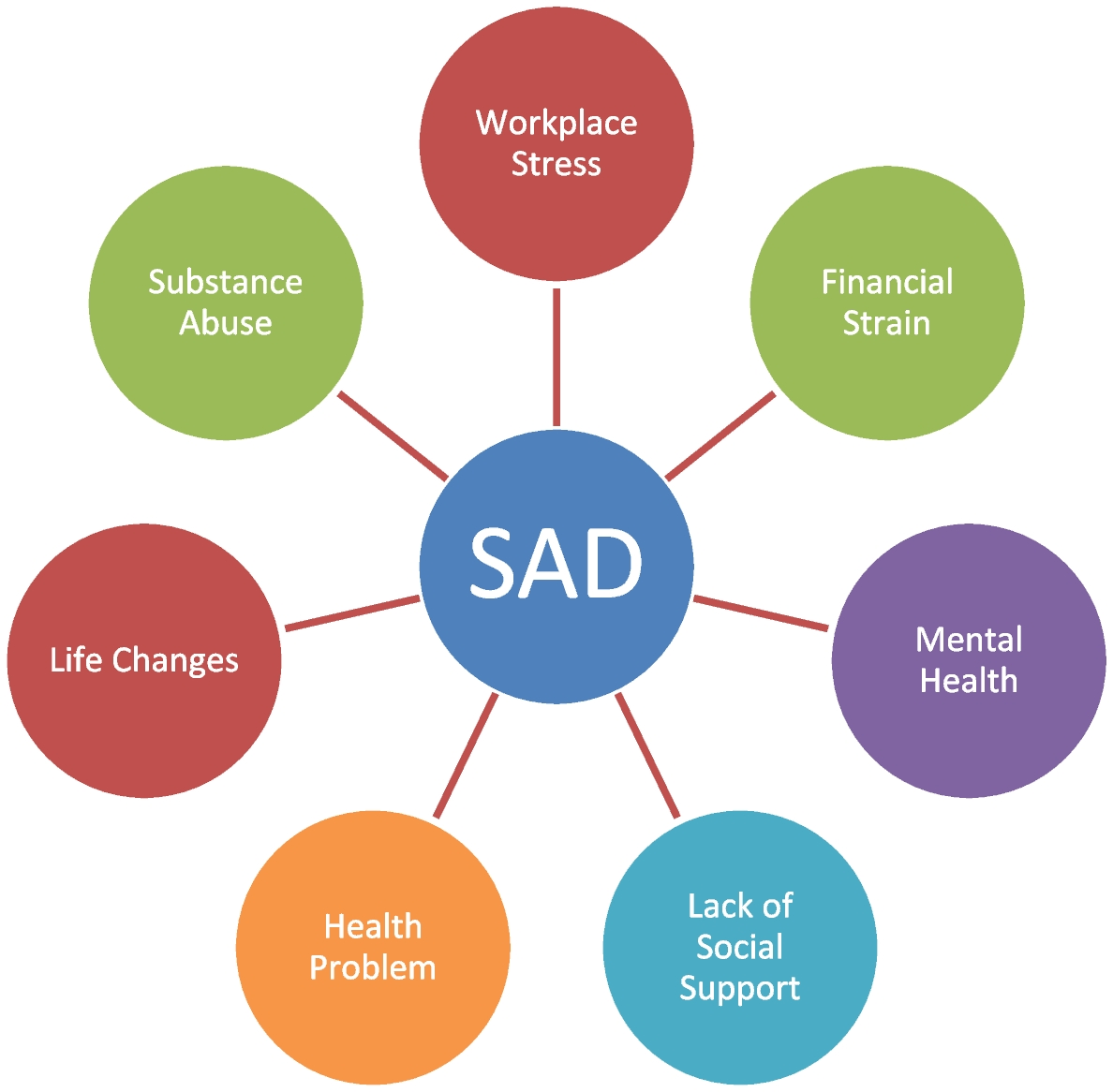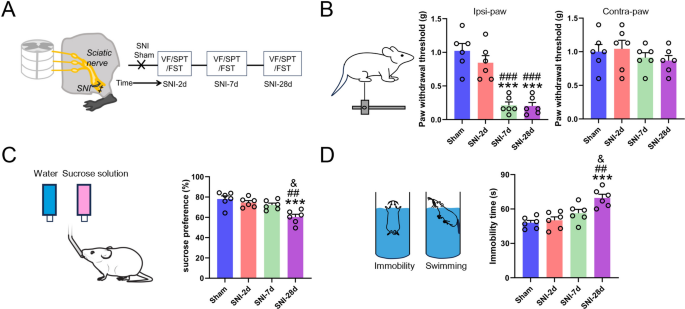A recent study has raised concerns about the mental health impacts of GLP-1 receptor agonists, drugs commonly used for weight loss and originally designed to manage type 2 diabetes. Medications like Ozempic and Mounjaro contain active ingredients such as semaglutide and tirzepatide, which help lower blood sugar and promote feelings of fullness. While effective for weight management, new research suggests these drugs may also influence genetic factors related to depression.
The study involved 24 researchers across several countries, including the United States, Brazil, Iran, and Israel. They focused on individuals with hypodopaminergia, a condition marked by lower dopamine activity in the brain. Dopamine is a key neurotransmitter that affects mood, motivation, and reward mechanisms. Through pharmacogenomic analysis, the team examined how GLP-1 receptor agonists interact with genes related to dopamine signaling, such as DRD3, BDNF, and CREB1.
Findings indicate that GLP-1 receptor agonists may disrupt dopamine regulation in certain individuals, particularly those already facing dopamine-related issues. This disruption could result in heightened risks for depression, anxiety, and suicidal thoughts. The implications of this research are significant, particularly for individuals with specific genetic predispositions.
Dr. Kenneth Blum, the senior author of the study, emphasized the importance of caution in prescribing these medications. He stated, “We urge the clinical prescribing community to proceed with caution to avoid another tragic wave of ‘people dying to lose weight.'” His co-author, Dr. Mark S. Gold, further recommended that regulatory bodies, including the U.S. Food and Drug Administration (FDA) and the European Medicines Agency (EMA), consider updating safety warnings for these drugs.
In response to increasing reports of psychiatric side effects associated with GLP-1 receptor agonists, the EMA has initiated a review of the safety profile of these medications. The study’s authors advocate for a personalized approach to prescribing, which could involve genetic testing to identify patients at higher risk for mental health issues.
Despite their effectiveness in managing weight and blood sugar levels, the researchers stress the need for regular mental health evaluations for patients using these drugs. The findings serve as a reminder of the complex relationship between medication and mental health, urging healthcare providers to be vigilant in monitoring the psychological well-being of patients undergoing treatment with GLP-1 receptor agonists.



